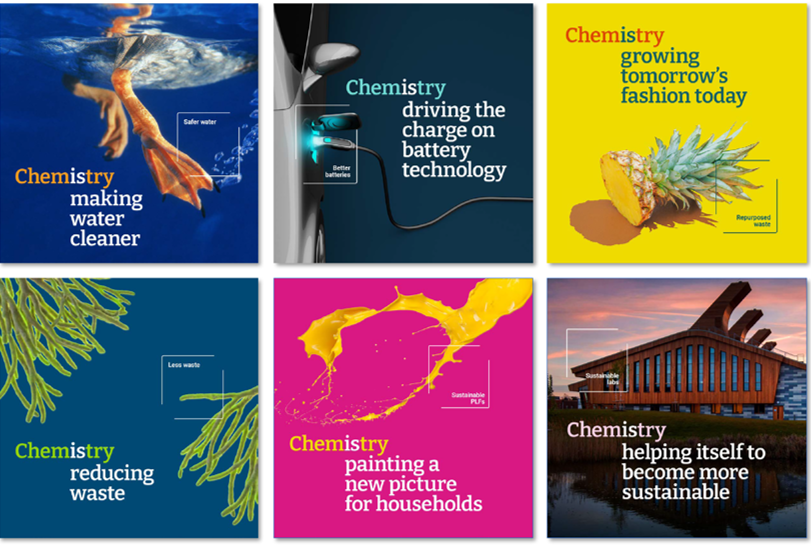Inspiring Chemistry: How the RSC Boosted Awareness and Shifted Perceptions




The Brand
The RSC’s purpose is to support the global chemical sciences community to play their part in arresting the damage inflicted on our environment.
The RSC publish scientists’ discoveries and insights so they can be used to improve our health, environment and lifestyles.
All their data is open access. The RSC believes that everyone, everywhere, should have the same potential to read and share knowledge.


The Challenge
The Royal Society of Chemistry (RSC) wanted to raise awareness of the role that the chemical sciences play in helping to make the world a better place.
The campaign set out to shine a light on the progress being made by the UK chemistry profession. The overriding goal was to make the chemical sciences community feel pride in the value of their work to society and encourage more people to get involved.
Our challenge as their chosen B2B media specialist, was to make this ambition come alive.
Strategy
We aimed to encourage people to “Join In and make the world a better place”.
Our strategy hinged upon a “storytelling” approach, using real examples of where Chemistry has made a positive difference to the world. Identifying these “stories” and inviting our audience to engage with them was the aim.
In addition, we needed to find other ways to reach those not already RSC members. To do so, our paid media channels targeted Chemistry Professionals via Display and Paid Social formats at an effective frequency of exposure. Creative encouraged a consistent call to action driving traffic to a bespoke campaign landing page where they could engage in more depth.
We wanted to test and evolve the optimum way to engage our audience by remaining free to fine-tune the blend of channels and formats whilst in-campaign.

Results
Aware of the Campaign
of people of those exposed said it made them ‘feel more excited about the role of chemical sciences in creating a better world’
of those who engaged with the campaign agree it improved their perception of the RSC


.jpeg)

